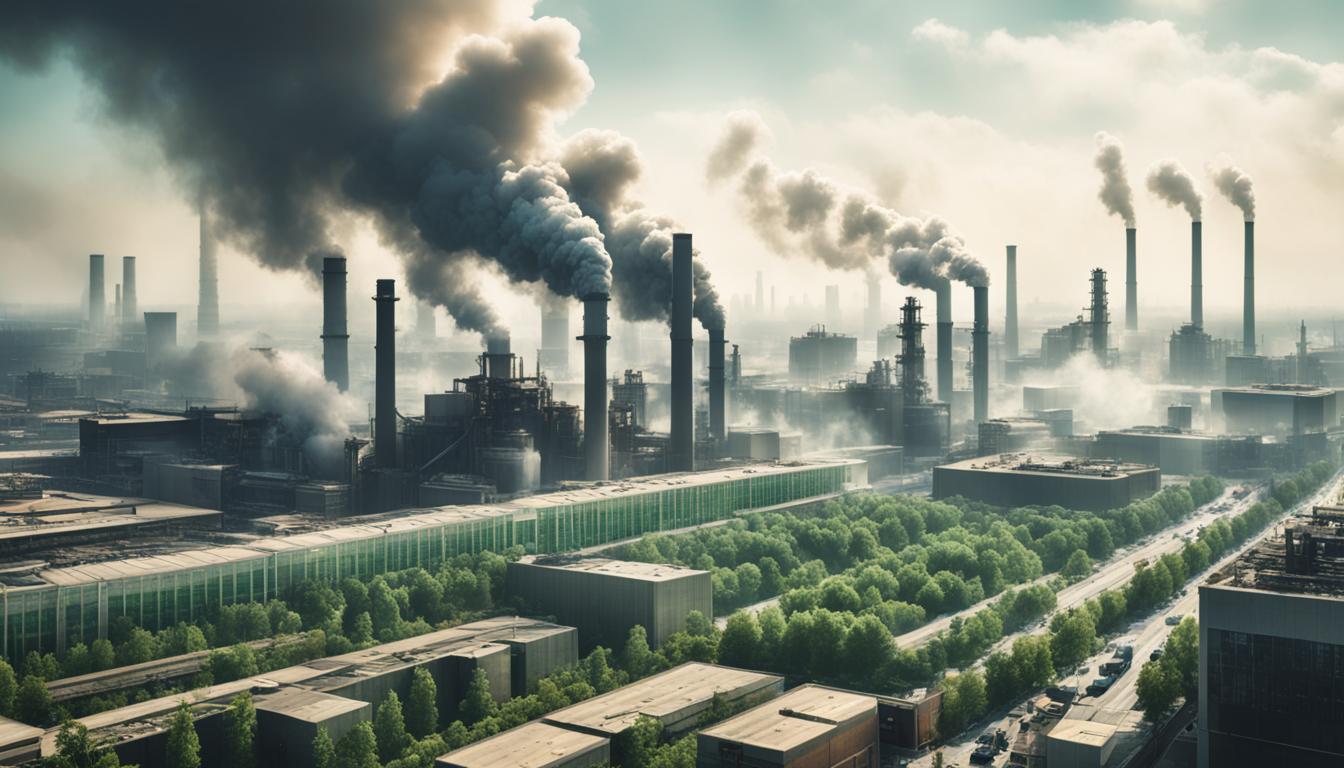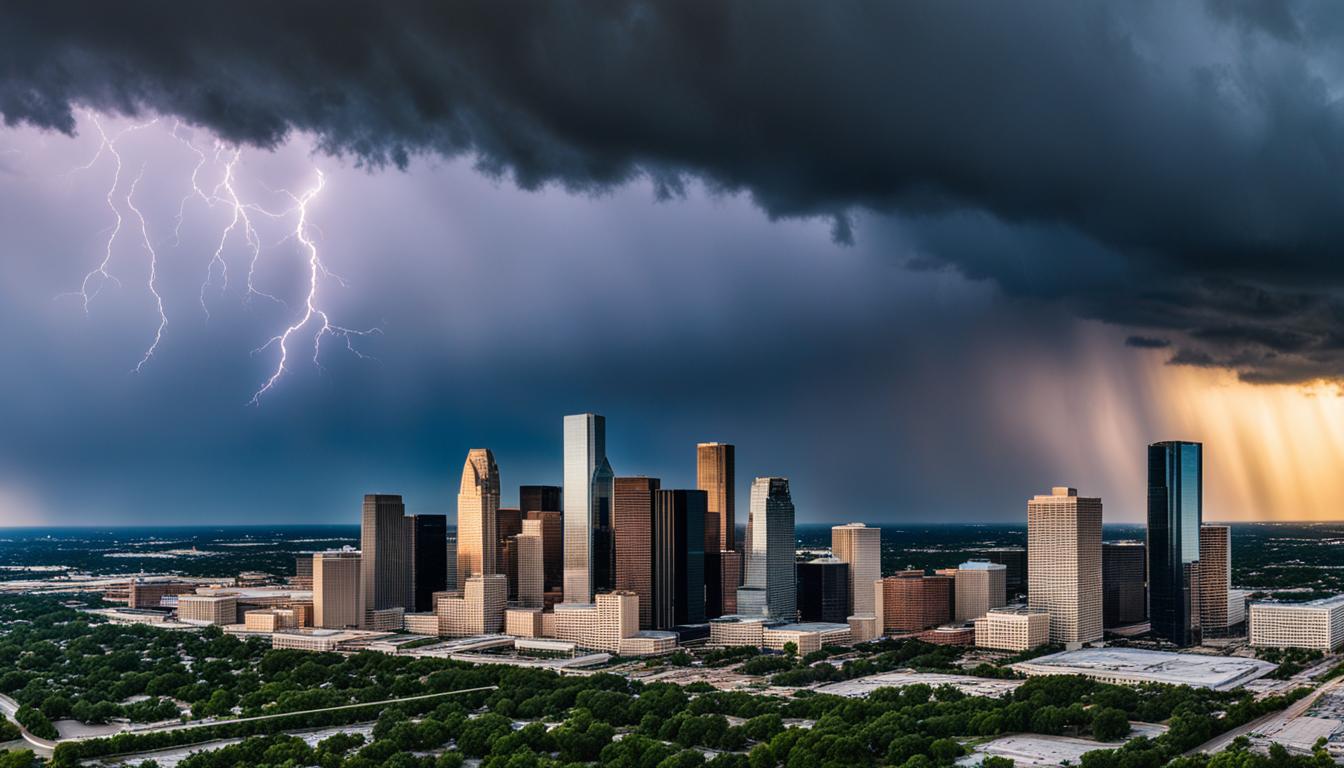61. A writ issued by the High Court or the Supreme Court to protect the fundamental rights of the citizens is known as
Correct Answer:-D ( Habeas Corpus )
Description:- Right to constitutional remedies empowers the citizens to move a court of law in case of any denial of the fundamental rights. This procedure of asking the courts to preserve or safeguard the citizens’ fundamental rights can be done in various ways. The courts can issue various kinds of writs. These writs are habeas corpus, mandamus, prohibition, quo warranto and certiorari. The Indian judiciary, in a number of cases has effectively resorted to the writ of habeas corpus to secure release of a person from illegal detention, thereby protecting their fundamental right of life and liberty.
62. The main purpose of including the Directive Principles of State Policy in the Indian Constitution is to
Correct Answer:-A ( establish a welfare State )
Description:- The Directive Principles of State Policy are guidelines to the central and state governments of India to establish a just society in the country. The principles relate to social justice, economic welfare, foreign policy, and legal and administrative matters.
63. Which one of the following fundamental rights was described by Dr. B.R. Ambedkar as the heart and soul of the Constitution?
Correct Answer:-B ( Right to constitutional remedies )
Description:- Dr. B. R. Ambedkar, the chairman of the Drafting committee, called the fundamental right to constitutional remedies as the heart and soul of the Indian constitution. Right to constitutional remedies empowers the citizens to move a court of law in case of any denial of the fundamental rights.
64. No person shall be a citizen of India if he has
Correct Answer:-C ( voluntarily acquired citizen ship of another country )
Description:- Article 9 of the Indian Constitution deals with persons voluntarily acquiring citizenship of a foreign State. It states that no person shall be a citizen of India by virtue of article 5, or be deemed to be a citizen of India by virtue of article 6 or article 8, if he has voluntarily acquired the citizenship of any foreign State.
65. Which one of the following is a Fundamental Right guaranteed by the Constitution of India?
Correct Answer:-D ( Right to equality )
Description:- Right to equality is one of the six fundamental rights recognized by the constitution of India. It includes equality before law, prohibition of discrimination on grounds of religion, race, caste, sex or place of birth, and equality of opportunity in matters of employment, abolition of untouchability and abolition of titles.
66. Right to free education within certain limits is
Correct Answer:-A ( guaranteed as a Fundamental Right )
Description:- The Right of Children to Free and Compulsory Education Act or Right to Education Act (RTE), which was passed by the Indian parliament on 4 August, 2009, describes the modalities of the importance of free and compulsory education for children between 6 and 14 in India under Article 21A of the Indian Constitution. India became one of 135 countries to make education a fundamental right of every child when the act came into force on 1 April, 2010.
67. No person can be employed in factories or mines unless he is above the age of
Correct Answer:-B ( 14 years )
Description:- An important fundamental right dealing with children is Article 24 which deals with prohibition of Employment of Children in Factories, etc. It states that no child below the age of fourteen years shall be employed to work in any factory or mine or engaged in any otherhazardous employment.
68. The writ of ‘Habeas Corpus’ is issued in the event of
Correct Answer:-C ( Wrongful police detention )
Description:- Habeas corpus means “you must present the person in court”. It is a writ (legal action) which requires a person under arrest to be brought before a judge or into court. This ensures that a prisoner can be released from unlawful detention, in other words, detention lacking sufficient cause or evidence.
69. Political equality is found in
Correct Answer:-B ( universal adult suffrage )
Description:- Political Equality means granting equal citizenship to all members of the state, and also, to ensure conditions that allow the citizens to participate in the affairs of the state. Political equality brings along with it certain rights such as right to vote, right to contest elections, right to criticize the government etc. Political equality is based on the idea of Universal Adult Franchise.
70. List of Fundamental Duties were added to the Indian Constitution as Part
Correct Answer:-A ( Four )
Description:- The Constitution (Forty-second Amendment) Act, 1976 added ten Fundamental Duties of Indian citizens to the nation in Part IV of the Constitution. These duties, set out in Part IV–A of the Constitution (under a constitutional amendment) concern individuals and the nation. Like the Directive Principles, they are not legally enforceable.
71. Under which one of the following writs an official can be prevented from taking an action which he is officially not entitled?
Correct Answer:-A ( Mandamus )
Description:- Mandamus is a judicial remedy which is in the form of an order from a superior court to any government subordinate court, corporation or public authority to do or forbear from doing some specific act which that body is obliged under law to do or refrain from doing, as the case may be, and which is in the nature of public duty and in certain cases of a statutory duty. It cannot be issued to compel an authority to do something against statutory provision. It may be a command to do an administrative action or not to take a particular action
72. In the Constitution of India, the Fundamental Rights
Correct Answer:-A ( formed a part of the original Constitution )
Description:- The fundamental rights were included in the First Draft Constitution (February 1948), the Second Draft Constitution (17 October, 1948) and final Third Draft Constitution (26 November, 1949) prepared by the Drafting Committee. The fundamental rights were included in the constitution right from its beginning because they were considered essential for the development of the personality of every individual and to preserve human dignity.
73. Which one of the following Writs is issued to courts, corporations, government servants or persons directing them to perform their public duty?
Correct Answer:-C ( Mandamus )
Description:- Mandamus is a judicial remedy which is in the form of an order from a superior court to any government subordinate court, corporation or public authority to do or forbear from doing some specific act which that body is obliged under law to do or refrain from doing, as the case may be, and which is in the nature of public duty and in certain cases of a statutory duty.
74. In India, the right to property is now recognised as
Correct Answer:-B ( a legal right )
Description:- The Constitution originally provided for the right to property under Articles 19 and 31. The Forty- Forth Amendment of 1978 deleted the right to property from the list of fundamental rights. So it is now a legal right, not a fundamental right.
75. Right to vote is a
Correct Answer:-A ( Political right )
Description:- Political Equality means granting equal citizenship to all members of the state, and also, to ensure conditions that allow the citizens to participate in the affairs of the state. Political equality brings along with it certain rights such as right to vote, right to contest elections, right to criticize the government etc.
76. Which Fundamental Right accoording to Dr. Ambedkar is like the heart of the Constitution?
Correct Answer:-A ( Right of Constitutional remedies )
Description:- Dr. B. R. Ambedkar, the chairman of the Drafting committee, called the funda-mental right to constitutional remedies as the heart and soul of the Indian constitution.
77. What is the status of the Right to Property now ?
Correct Answer:-A ( Legal Right )
Description:- The Indian Constitution does not recognize property right as a fundamental right. In the year 1977, the 44th amendment eliminated the right to acquire, hold and dispose of property as a fundamental right. However, in another part of the Constitution, Article 300 (A) was inserted to affirm that no person shall be deprived of his property save by authority of law. The result is that the right to property as a fundamental right is now substituted as a statutory right.
78. Which one of the following writs literally means ‘what is your authority’ ?
Correct Answer:-C ( Quo Warranto )
Description:- Quo warranto (Medieval Latin for “by what warrant?”) is a prerogative writ requiring the person to whom it is directed to show what authority they have for exercising some right or power (or “franchise”) they claim to hold. It is a legal proceeding during which an individual’s right to hold an office or governmental privilege is challenged.
79. What is the chief source of political power in India ?
Correct Answer:-A ( The people )
Description:- The preamble makes it very clear when it says that We, the people of India, having solemnly resolved to constitute India into a SOVEREIGN SOCIALIST SECULAR DEMOCRATIC REPUBLIC and to secure to all its citizens.” The enacting words “We, the people of India… in our constituent assembly… do here by adopt, enact and give to ourselves this constitution”, signifies the democratic principle that power ultimately rests in the hands of the people. It also emphasizes that the constitution is made by and for the Indian people and is not given to them by any outside power (such as the British Parliament).
80. A court enforces enjoyment of a Fundamental Right by issuing
Correct Answer:-C ( a writ )
Description:- Right to constitutional remedies empowers the citizens to move a court of law in case of any denial of the fundamental rights. The courts can issue various kinds of writs. The Supreme Court, the highest in the country, may issue writs under Article 32 of the Constitution for enforcement of Fundamental Rights and under Articles 139 for enforcement of rights other than Fundamental Rights, while High Courts, the superior courts of the States, may issue writs under Articles 226.
81. Political right does not include which of the following ?
Correct Answer:-B ( Right to life )
Description:- Political rights are those rights by which citizens are given share in the political life of the community including that of the management of government. They generally consist of the following rights: Right to vote; Right to be elected; Right to public offices; Right to petition; Right to criticize government; Right to residence; Right to public meeting, etc. Right to life is a phrase that describes the belief that a human being has an essential right to live, particularly that a human being has the right not to be killed by another human being.
82. What is the minimum age prescribed in India for its citizens to cast their vote ?
Correct Answer:-A ( 18 years )
Description:- Every citizen of India who is over 18 years of age, irrespective of gender, caste, religion or race, who is otherwise not disqualified, is eligible to vote.
83. Which of the following rights is not granted by the Constitution of India at present as a fundamental right ?
Correct Answer:-C ( Right to property )
Description:- The Constitution originally provided for the right to property under Articles 19 and 31. The Forty- Forth Amendment of 1978 deleted the right to property from the list of fundamental rights. So it is now a legal right, not a fundamental right.
84. When were the Fundamental Duties of the Indian citizens incorporated in the constitution?
Correct Answer:-B ( 1976)
Description:- The Fundamental Duties of citizens were added to the Constitution by the 42nd Amendment in 1976, upon the recommendations of the Swaran Singh Committee that was constituted by the government earlier that year. Originally ten in number, the Fundamental Duties were increased to eleven by the 86th Amendment in 2002.
85. Which is the competent body to prescribe conditions for acquisition of citizenship ?
Correct Answer:-C ( Parliament )
Description:- The Constitution of India provides a single citizenship for the entire country. The Citizenship Act enacted by the Parliament in 1955 provides for acquisition, renunciation, termination, deprivation and determination of Indian citizenship. The Act provides for acquisition of Indian Citizenship by birth, descent, registration and naturalization.
86. The Constitution of India assures economic justice to citizens through
Correct Answer:-C ( Preamble )
Description:- The preamble contains the socio-economic goals of Indian polity. These are: to secure all its citizens social , economic and political justice; liberty of thought; equality of status and opportunity, and to promote among them fraternity so as to secure the dignity of the Individual and the unity and integrity of the Nation.
87. ‘The Right to Public Office’ is a
Correct Answer:-A ( Civil right )
Description:- Civil rights include the ensuring of peoples’ physical and mental integrity, life and safety; protection from discrimination on grounds such as physical or mental disability, gender, religion, race, national origin, age, status as a member of the uniformed services, sexual orientation, or gender identity; and individual rights such as privacy, the freedoms of thought and conscience, speech and expression, religion, the press, and movement. Right to public offices means that no citizen should be prohibited to hold any public office under the State on the grounds of religion, caste, race, sex or language or any of them. It is a civil right.
88. “Not to destroy the Government property” is a
Correct Answer:-C ( Civil duty )
Description:- Civic duty is the respon-sibilities of a citizen. Such duties expect one to be a good citizen, obey the laws, serve in the military in time of need, pay taxes, be active in community activities that are supportive of something positive. These are the types of things that enable masses of people to live in close proximity and prosper.
89. Who proposed the Preamble before the drafting committee of the Constitution ?
Correct Answer:-A ( Jawaharlal Nehru )
Description:- When the Constituent Assembly started the work of drafting the Constitution, Pt. Jawaharlal Nehru proposed the ‘Objectives Resolution’ on December 13, 1946. The ‘Resolution’ highlighted the objectives and laid down the ‘national goals’. The ‘Objective Resolution’ passed by the Constituent Assembly on January 22, 1947, ultimately became the Preamble to the Constitution of India.
90. ‘Dual citizenship’ is a feature of
Correct Answer:-B ( Federal government )
Description:- The concept of dual nationality means that a person is a citizen of two countries at the same time. Each country has its own citizenship laws based on its own. Such type of nationality is very common in federal states such as the USA.




